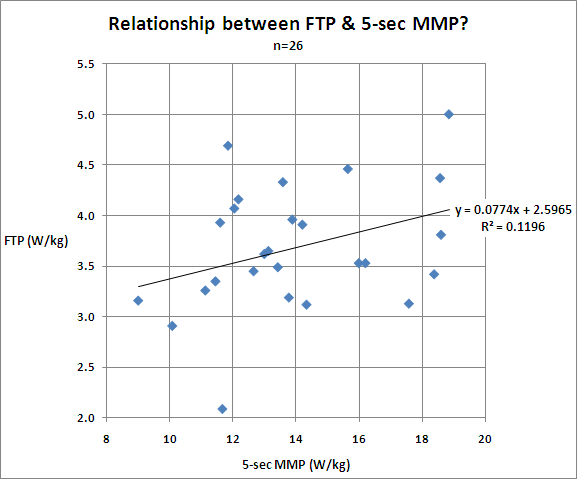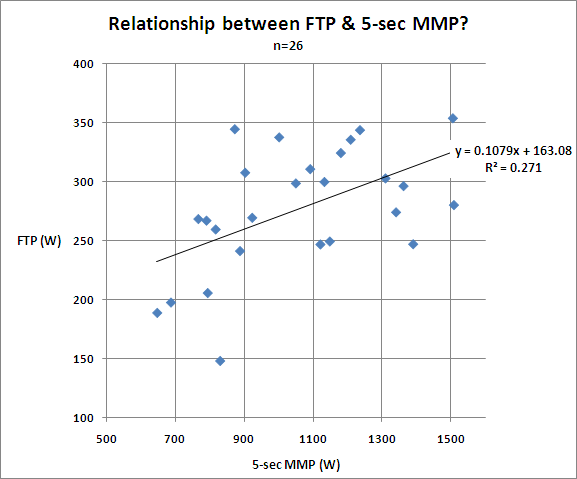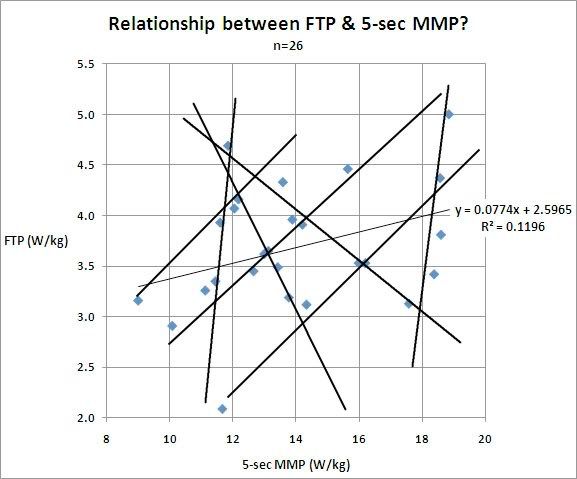But, strength might = going faster. (It does seem incredulous on the face of it that people seem to actually be arguing that being "weaker" is better. I can see the book now, "How watching Oprah instead of training made me a better triathlete") If one is stronger then the "same" pushing force when pedaling is actually a smaller percentage of the total. In general, someone who is working at a lower percentage of their potential can continue to do that work longer. Or, is "stronger" and pushes at the same percentage of his total potential as another but at a lower cadence. This also could result in better endurance. Can't you accept that this is possible?
Of course, all these changes, if done poorly, could result in lesser performance. I don't think science has really addressed this question very well yet, especially as regards ultra-endurance events.
I agree with your comment it is all about energy. But, it is more than about simply energy production. It also involves energy conversion and transmission to the wheel. Cadence is involved in this conversion and transmission also (see the recent Chrissie cadence thread). It has to do with how one can get the most power to the wheel for the duration of the race.
--------------
Frank,
An original Ironman and the Inventor of PowerCranks


 and the individual differences would be defined by the values of a, b, and c that best fit the shape. Another alternative would be the best fit might be a
and the individual differences would be defined by the values of a, b, and c that best fit the shape. Another alternative would be the best fit might be a 

